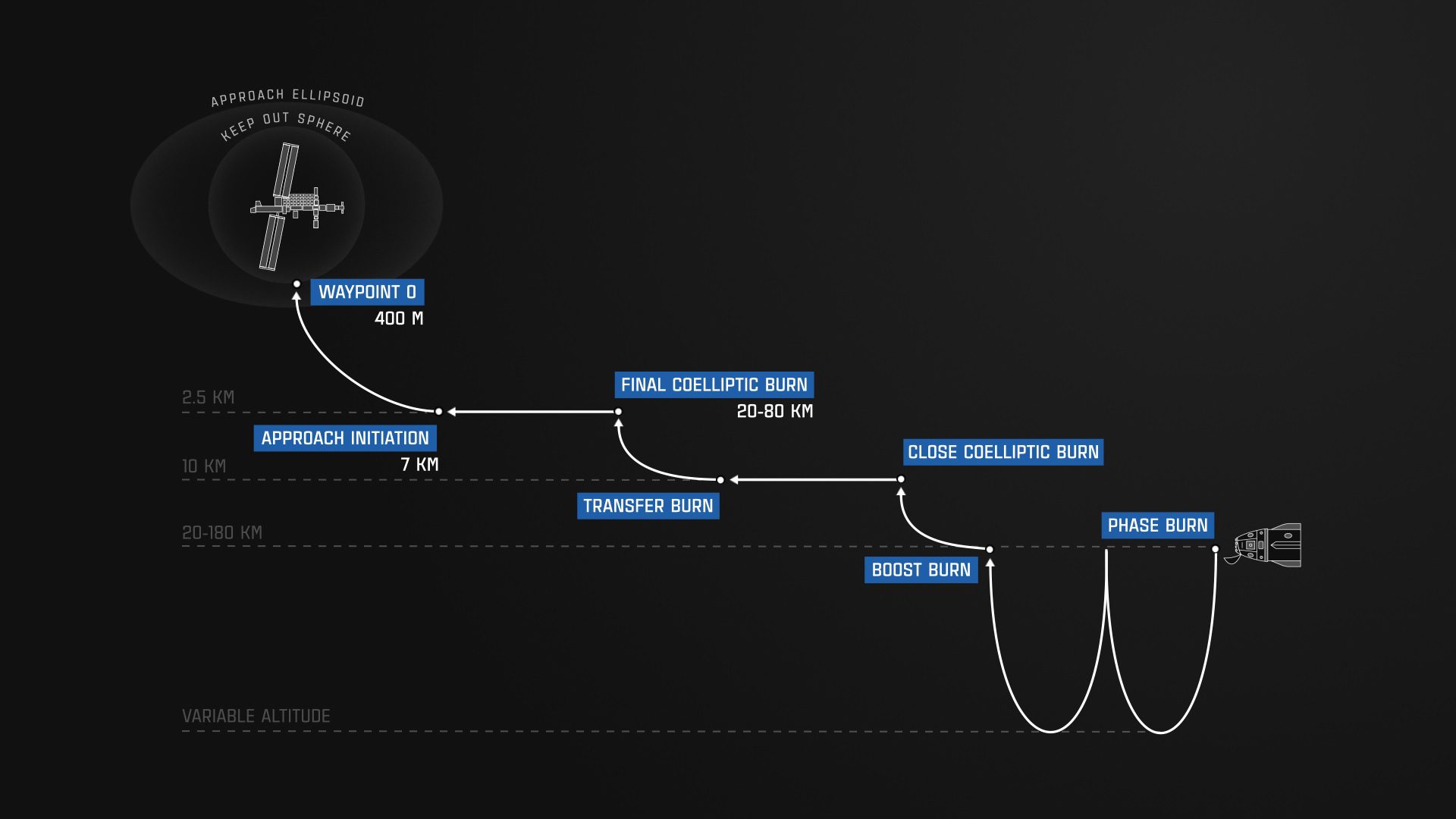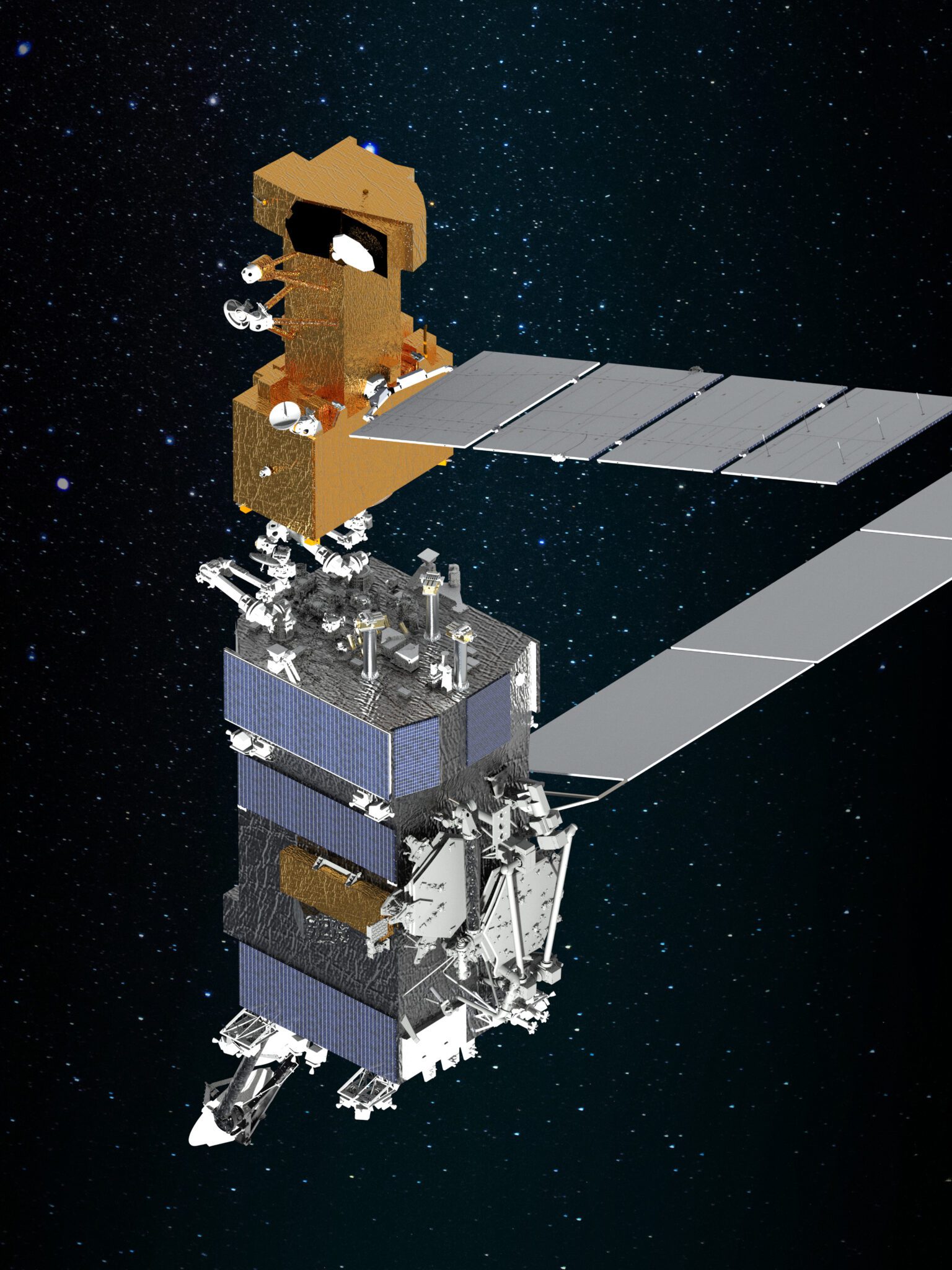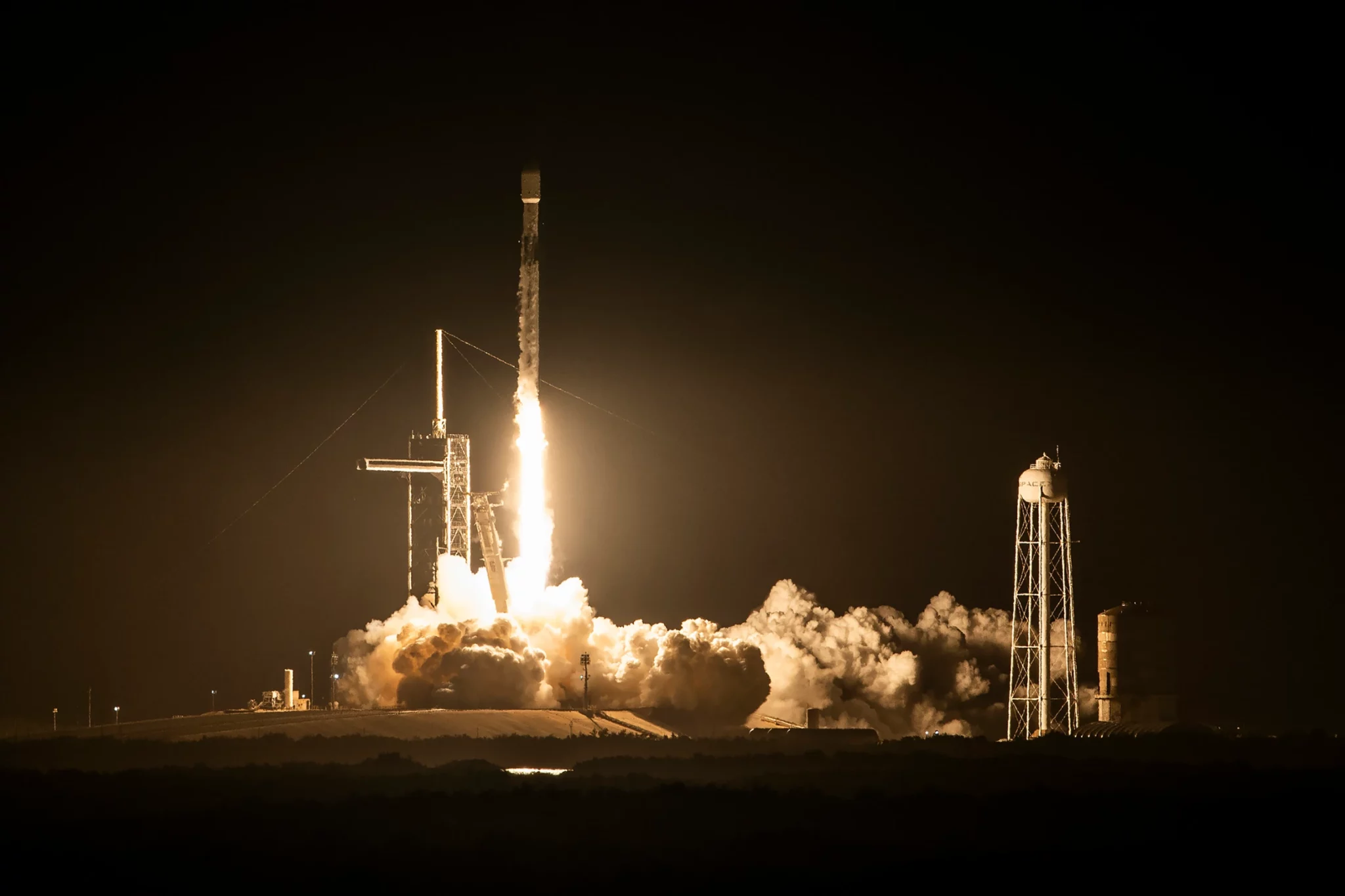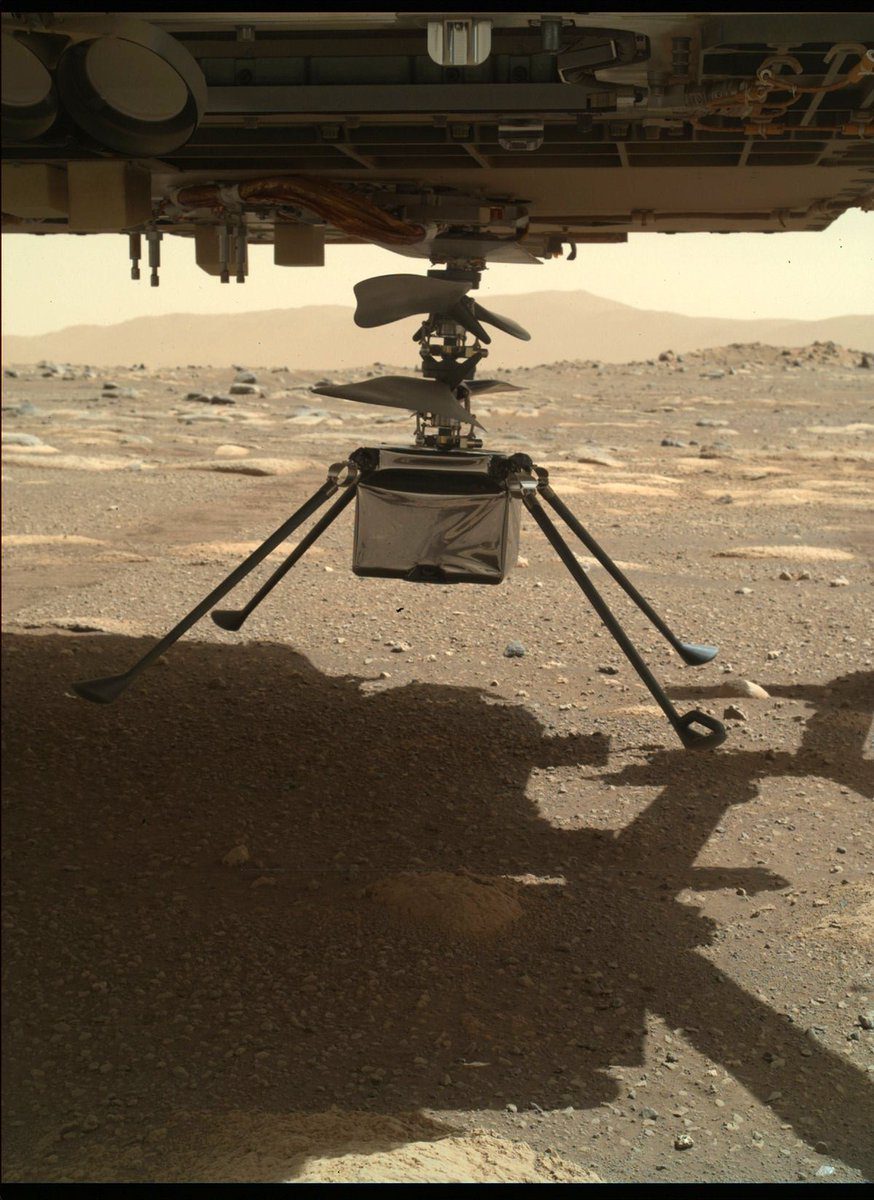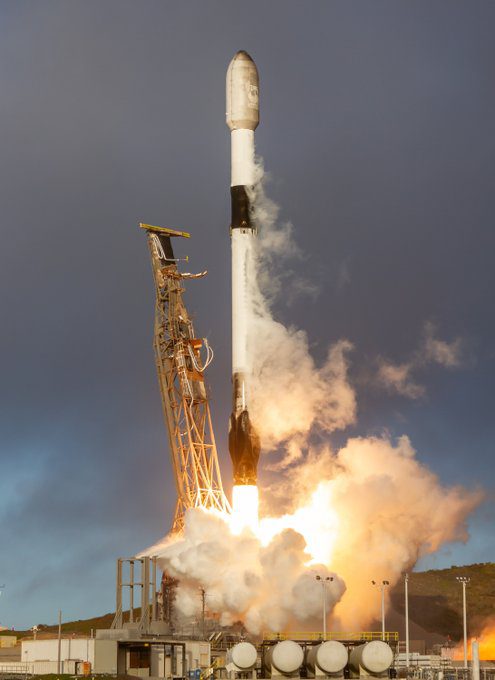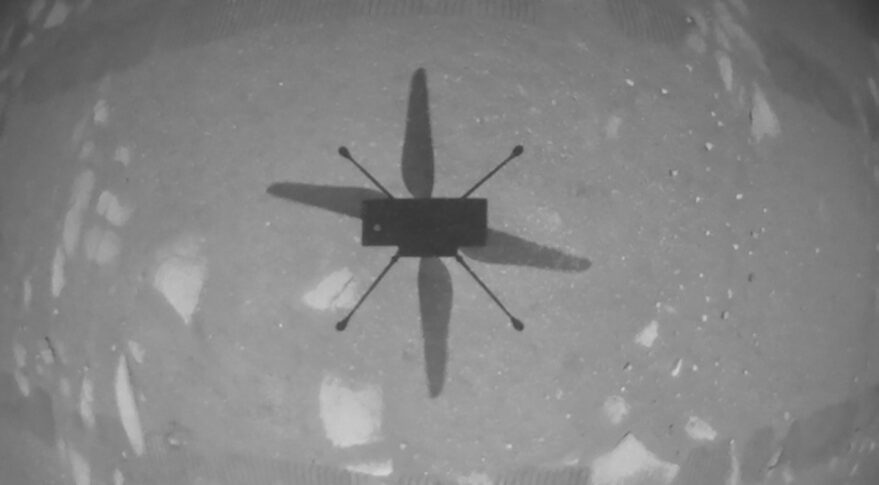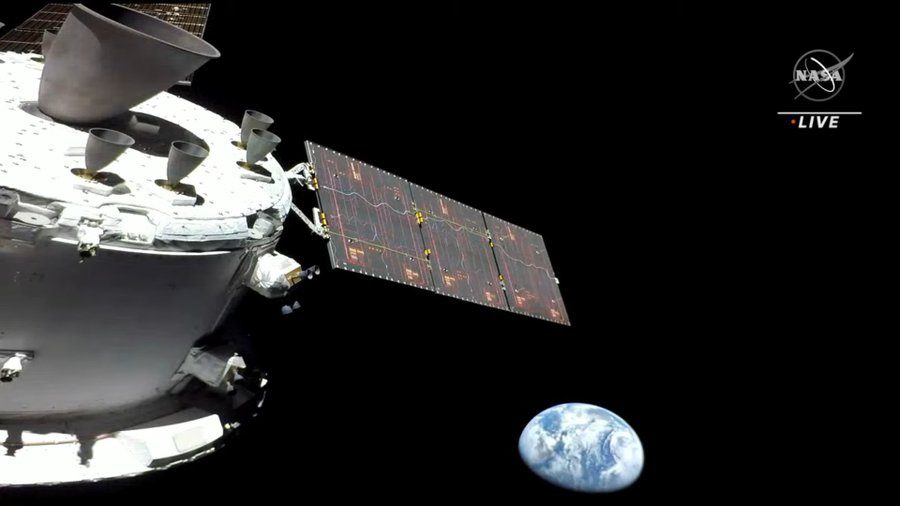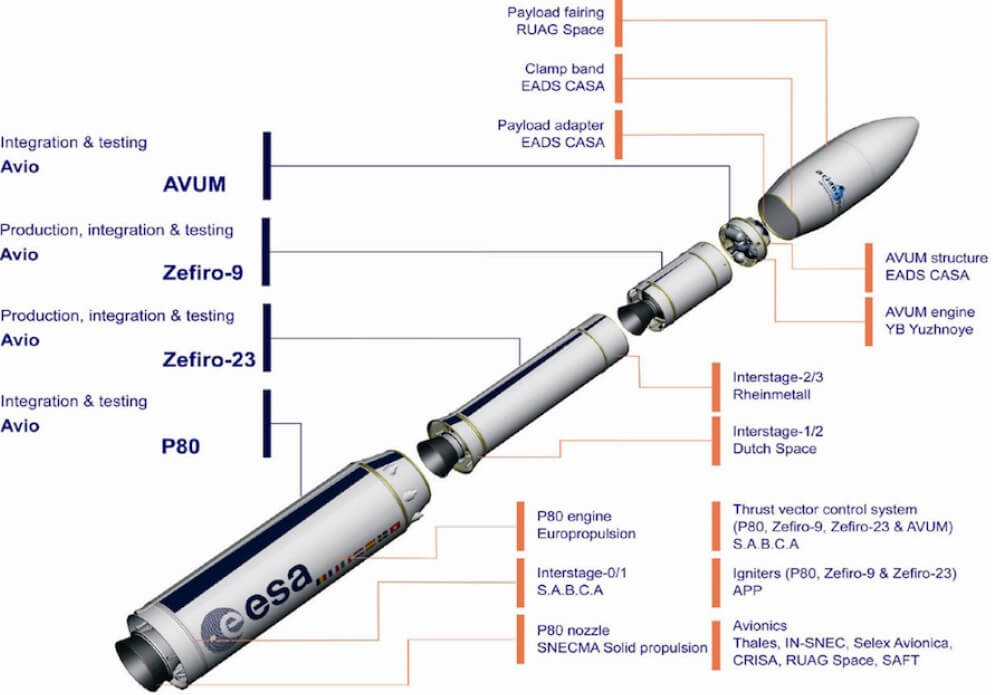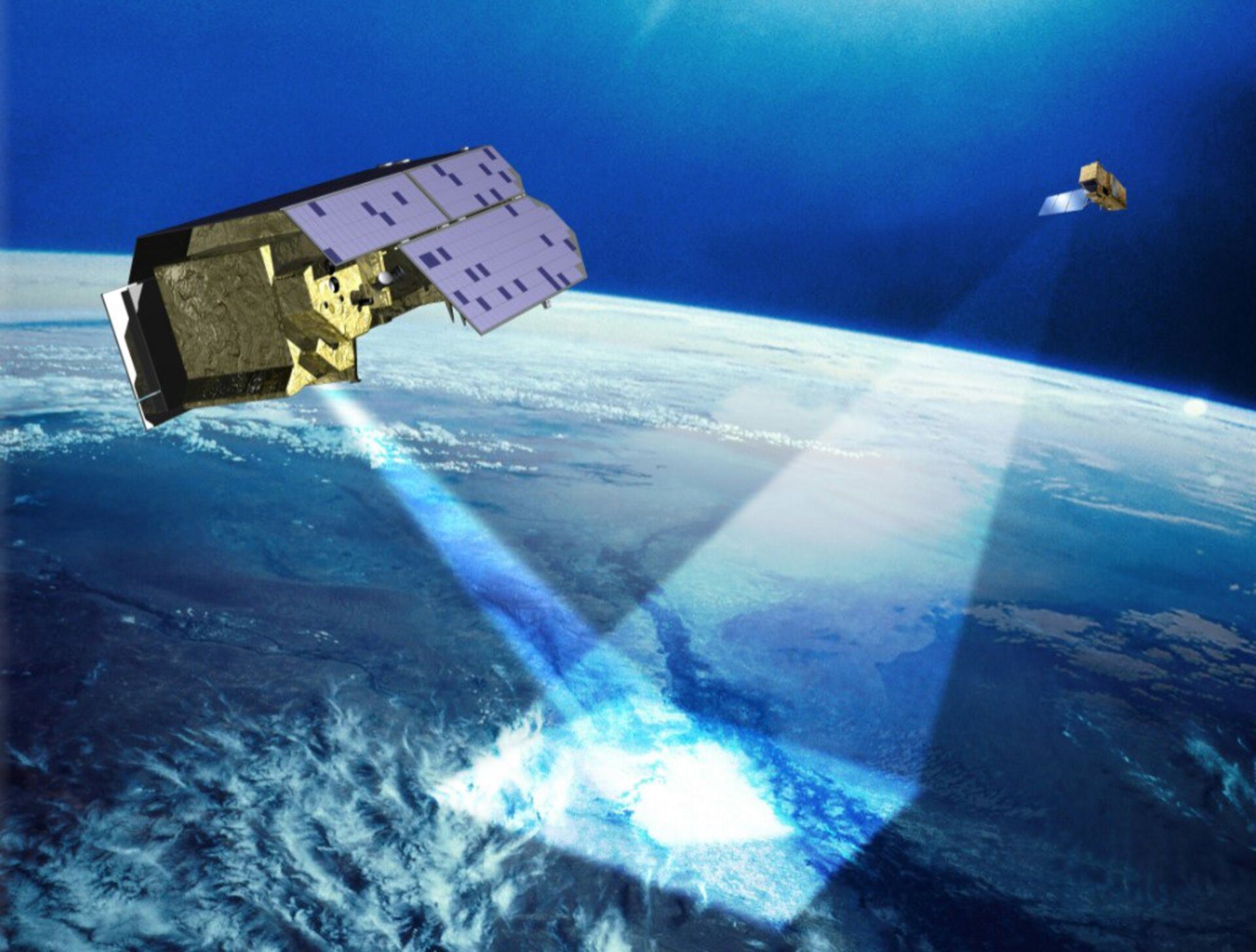The UK General Election promises a change of government – or at least partly – if opinion polls are to be believed. Science and space have, as usual, been side-lined as a sideshow of a sideshow – albeit with most of the party manifestos making the usual platitudes of wanting to make Britain a great technological nation. Instead it is the National Health Service (NHS), along with those other related four horsemen of the political apocalypse: the Economy, Immigration, Housing and Education, that are at the forefront of the political parties’ and voters’ minds.
Regrets over mistakes of the past…by both main ruling parties
It will be a difficult choice for voters given that there is very little difference in the main parties’ policies and their overblown (often unaffordable) electoral promises. Worse, is that these main parties pretty much completely share the blame for most today’s problems which are mainly due to their past policy mistakes over the last 40 years in areas ranging from health to pension policies, from the expansion of University education to the expansion of the European Union.
Some policies have indirectly damaged space, while others have been very damaging to other areas, and yet space has been the exception. For example, PFI (Private Finance Initiative) contracts which were introduced by the Blair-Brown Labour administration to keep large amounts of spending off government books by turning it into long term “service contracts” while, at the same time hopefully sharing the business risk with private industry, only really worked well a few times. This was most notably for the construction of later satellites in the Ministry of Defence’s Skynet satellite system. For the construction of schools and hospitals they proved very poor value relative to conventional financing. Meanwhile, savage cuts to the Defence budget by both Conservative and Labour administrations since 1991 have seriously jeopardised the UK’s national security and also its aerospace businesses.
1960s: Labour preferred Anglo-French entente cordiale Concorde to Space
Back to the direct subject of space. An examination of the official manifestos of the main parties shows very little mention of space, nor, for that matter, of science in general. Labour’s manifesto does at least promise a “long term” funding policy for science and technological innovation. It also talks about “Britain in the world”, mentioning the UK’s role in the UN, NATO, EU etc. However, there is no mention of ESA – the European Space Agency!
Still Labour does at least avoid making the mistake of overblown declarations such as Harold Wilson’s failed promise to making Britain part of the “White Heat of Technology” and then realising that there was not the money to do it.
Labour has got a mixed history in supporting space. While it was a Tory administration that administered the final coup de grace, it was Labour that, in effect, chose to fund the Anglo-French Concorde’s development over Britain’s Black Arrow small space launcher programme at the start of the 1970s. This move, and the UK’s reduced commitment to ELDO (which eventually became ESA and the Ariane programme), effectively ceded leadership in launch vehicle research to France.
Nevertheless, in the late 1990s, Labour again began supporting high technology industries such as space, viewing them as areas were the UK could genuinely compete. Labour Science Minister Lord Drayson led the way on this during the last Labour administration.
Tories ignored space but indirectly did it good
The Conservative Party also has mixed credentials. The Thatcher (Conservative) administration of the 1980s viewed space as primarily about providing secure military satellite communications (especially to receive communications from its nuclear submarines) via the Skynet satellites, rather than an activity in which Britain should genuinely get involved. Thus Britain’s capability in launch vehicles and manned space flight remained moribund for about 30 years, though there was a brief flirtation with the HOTOL single-stage air-breathing rocket plane concept until even that was killed off by Tory minister Ken Clarke (the UK made a similar mistake by overlooking the jet engine to start with, and then, foolishly gave it away for free).
Despite this lack of interest in space from the Thatcher government, the UK became a world leader in satellite communications, space science, and small satellite technology.
However, this rise had more to do with the benign industrial conditions that the Conservatives government enabled than the space sector being singled out for special treatment. The Conservative Government of the 1980s kept a laissez-faire approach to space and wisely declined formally to take part in the construction of the impressive looking, but otherwise very expensive, Great White Space Elephant, officially known as the International Space Station. Nevertheless, since then concern has grown about Britain being left behind, especially as China and India have expanded their space expertise. It seems that the UK really would like its astronauts up there with the others.
Space is now the hi-tech “in thing” for both Labour and Conservatives
Both main parties also realised that this hi-tech manufacturing sector was a vital one for the UK to be in. Like Labour, the Conservative Party concluded that something had to be done and is now happy to spend some money on developing space technology.
Thus, as expected, the Conservative Party’s manifesto for this year’s election commits at least to keep funding stable for science and technology. It also specifically notes the opening of new centres of technology around the country. With these they hope to promote proper technological investment by firms to improve the UK’s moribund productivity.
Space supporting Tory Science and Universities Minister, David Willetts, did his bit for science and space, in between defending the Coalition’s exorbitant rise in University tuition fees. It was a sign of his effectiveness that even during the “austerity” period, money was found to support science and even increase the UK’s contribution to the ESA budget, This led to Harwell, in Oxfordshire, becoming a new ESA Robotics Centre and also improved the UK chance of getting a British astronaut (Major Tim Peake) onto the ISS. Similarly the UK’s ESA contribution to the NASA Orion space capsule’s service module may one day allow the nation to get a Brit onto the Moon, or even Mars on a long range manned exploration mission.
But it was not just within ESA that the UK had space interests. As it eyed how other nations were developing fast response launch capabilities, and noted the progress that private firms were making, the UK government even set in motion plans for a UK spaceport to launch both suborbital and orbital airdropped spacecraft and launch vehicles.
Perhaps more surprising and gratifying was the way Conservative Chancellor of the Exchequer, George Osborne, started to wax lyrically on Twitter about the UK’s attempts to build an air breathing son-of-HOTOL rocket plane in the guise of Reaction Engines Skylon project (this writer is a small shareholder). The government even provided some funding – in a small way – and now even ESA and the US Air Force have become fans.
Left of centre smaller parties like space – just so long as it is non-military
So after the election, while it is assumed that at least one of the two main parties, Labour or Conservative, will be in power in some form – either on their own or as part of a coalition – it seems that space will continue to receive support. That said, the really big money will still be set aside for more voter friendly items such as the NHS, education or house building.
But what about the smaller parties that might have a role in a coalition and in defining its policies? The pro-European Union stance of the Liberal Democrats, Scottish Nationalist Party (Scotland has its own nascent small satellite industry via Clyde Space and its affiliates), Plaid Cymru and the Green Party mean that they will likely support any space activity that is done on a joint European basis, ranging from the Galileo navigation satellite programme and Earth environmental monitoring missions, to long range space exploration – well, at least for the cheaper unmanned end of the mission cost spectrum.
So it is a big thumbs up for European Space Agency membership from them. Nevertheless, these pacifist-leaning parties remain for the most part opposed to military space and ballistic missile defence, and are suspicious of the US and its part-military funded space programme. Despite the refreezing of the Cold War and concerns over Russian and Chinese expansionism, they oppose higher defence spending, and most especially oppose the replacement of the US-supplied submarine-launched Trident nuclear missile system which is designed to fly on a suborbital course on a ballistic arc into space with enough warheads and decoys to defeat the anti-ballistic missile defences around Moscow – the so-called “Moscow Criterion”.
Apart from moral and funding arguments against nuclear weaponry, these parties also point out one of the major threats to Western security, Islamic extremism, does not have conventional logic for survival and hence cannot be deterred by nuclear weapons.
Lib-Dems are a little less hard line on nuclear weapons, asking for a re-examination of the Trident ballistic missile system and whether four submarines are really needed to carry it. They would actually prefer a cheaper submarine launched and/or air launched air breathing cruise missile system to carry the UK’s independent nuclear deterrent. This could provide a much cheaper, more “flexible”, if much slower and more vulnerable retaliatory response, though if hypersonic or stealthy cruise missiles are devised the risk of interception could be reduced. Nevertheless, despite some noted advantages, a nuclear armed cruise missile system would probably have a reduced deterrent effect, and with its much shorter range compared to Trident. Worse, such a system might actually require more submarines and/or aircraft to carry such cruise missiles, somewhat negating its initial cost advantage of not needing very expensive specialist submarines to launch them.
UKIP hates Europe but ESA membership is still attractive
At the other end of the political spectrum the UK Independence Party (UKIP) is running on an anti-Europe and anti-immigration platform. Whether UKIP’s policy of withdrawal from the EU, would also lead to the nation’s membership of ESA being ended is less clear. Despite previous suggestions from the party that the UK should instead put its ESA contribution into a UK-only X-Prize style prize fund to promote space research, it is likely that UKIP will want to stay in ESA. While ESA is strongly biased towards France and space projects (especially the Ariane 6 launch vehicle), being a member does at least allow British scientists (and perhaps even astronauts) to gain experience and kudos from being involved in exploration projects as they were recently with the Rosetta comet mission along with its Philae lander. As it is, a withdrawal from ESA would compound the short-term economic downside of leaving the EU, and probably severely damage the UK space industry.
UKIP remains the most pro-military of the main parties and plans to raise funding to the 2% of GDP recommended by NATO, which would be likely to support the aerospace industry in some form. It is officially pro-retaining and renewing Trident though, similar to the Lib Dems, it was previously pro-using cruise missiles instead. Having said that, there is little about the UK’s space plans in the manifesto. When it does mention space, it is as a way of criticising where UK foreign aid funding is going. The party plans to cut virtually all foreign aid save for a few health programmes, and its manifesto defends this policy by noting that some nations currently receiving UK aid are wealthy enough to be able to afford their own space programmes (e.g. India and Nigeria).
As this blog has been proposing for a few years now, to help technological innovation, UKIP promises to increase the levels of graduates in science and engineering and maths by removing University tuition fees for these students so long as they work in the UK for five years after the completion of their degrees. To their credit, the Con-LibDem coalition did start funding post-graduate technical degrees in a similar manner after realising that UK students were finding difficultly in affording going further with their studies.
Space remains sexy but other things will get the money
Apart from reducing foreign aid and ending the contribution to the EU, UKIP also plans to make other cuts to raise funds which they plan to use for tax cuts, extra funding the NHS and raising defence spending. Whether UKIP plans to use any of this freed-up money to fund a proper independent British space programme remains to be seen. For while space remains “sexy”, they and the other parties know that it is not at the top of voters’ priority list for public spending. And “space cadet” supporters of spaceflight just have to accept this.
And finally from the fringe parties…
While the main parties have not mentioned space very much at all, the fringe and joke parties (those that have no real chance of success or who are treating the election as a send up) are a bit clearer. For example, one of the Monster Raving Loony Party candidates has promised to kick start his constituency’s space programme by proposing his local airport as a new space base (sorry we cannot name the constituency or even the airport as, under electoral law, if we did we would have to give all the other candidates a say on this local issue). In case you think that a very local space programme sounds a little too sensible, the Monster Raving Loonies’ other key manifesto pledge is to make unicorns a protected species.

